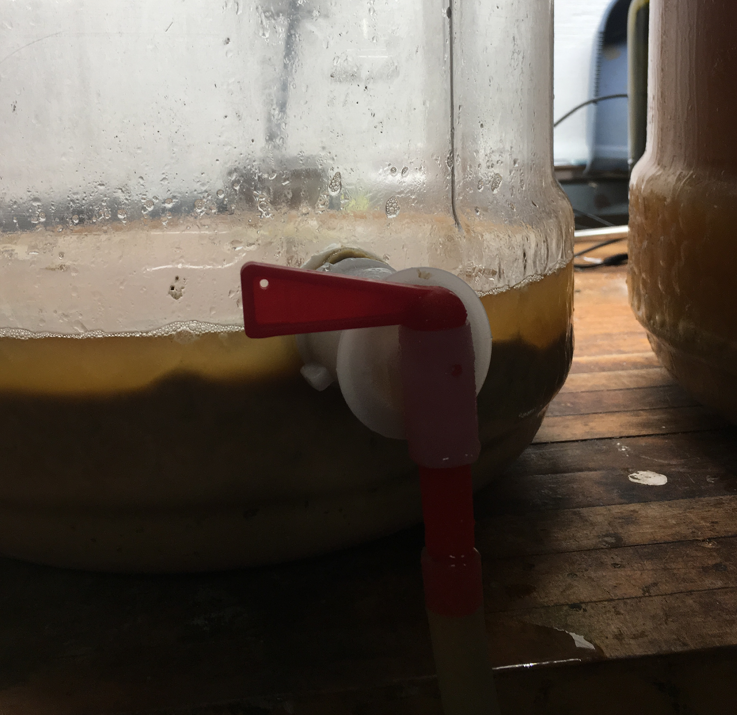Hi everyone. I think I'm making decent beer, but my kegging knowledge is lacking. I made what should be a delicious imperial saison and kegged it last week, pressurized (no leaks, checked), for a week at ~13psi. All day I've been trying to pour and gotten nothing but a disappointing dribble. The dip was blocked, and I've cleaned the poppit and dip tube. I've taken it apart a second time, and there is no particulate blocking the dip tube now. I've taken apart the poppit itself, and even replaced it, and still nothing. I have triple checked, and there are no CO2 leaks. I know the keg is pressurized - if I press down on the pin lock itself, beer sprays out. I am using a dual-regulator system, and the other keg works without issue.
So I have a pressurized keg, without sediment in the dip tube, a freshly replaced poppit, at 39F, in a kegerator...and no beer in my pint glass. What am I doing wrong?
So I have a pressurized keg, without sediment in the dip tube, a freshly replaced poppit, at 39F, in a kegerator...and no beer in my pint glass. What am I doing wrong?




